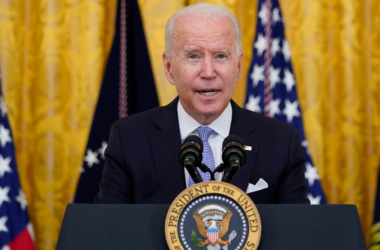A legal battle unfolded at The Hague on Friday as rights groups, including the Dutch branch of Oxfam, sought to halt the export of F-35 fighter jet parts from the Netherlands that could potentially be utilized by Israel, either directly or indirectly through the United States.
The case stems from a February ruling by a district court that prohibited direct exports of F-35 components to Israel due to concerns over the jets potentially violating international humanitarian law in conflicts such as the war in Gaza.
Lawyers representing the rights groups argued that despite the earlier ruling, the Dutch government continues to export fighter jet parts to the United States, where they are integrated into aircraft destined for the Israeli military. They urged the court to compel the Dutch state to prevent any such indirect exports that might facilitate the use of Dutch-made parts in Israeli fighter planes.
“The state must actively prevent parts from the Netherlands from reaching Israel through indirect channels,” asserted lawyer Liesbeth Zegveld during the proceedings.
In response, attorneys representing the Dutch government maintained that they were complying with the previous court order by adhering to European regulations, which define the legal end destination of component parts as the country where final assembly occurs, in this case, the United States.
“In these deliveries, the United States is the end destination as understood by European regulation,” clarified lawyer Reimer Veldhuis, countering the rights groups’ assertions.
The Hague court has yet to announce when it will issue a ruling on the NGOs’ request. The case underscores ongoing debates over international arms trade regulations and the application of humanitarian law in conflict zones, particularly concerning the use of advanced military equipment.
As the legal challenge unfolds, the outcome could have implications not only for Dutch arms exports but also for broader discussions on arms control and compliance with international humanitarian standards in global conflicts.
Stay tuned for further developments from The Hague as the court considers the complex issues surrounding the export of fighter jet parts and their potential implications for military operations and international law.








